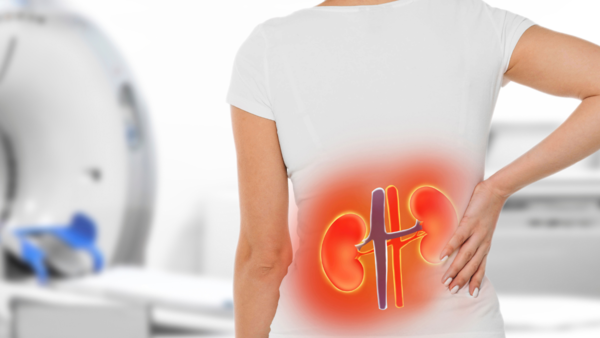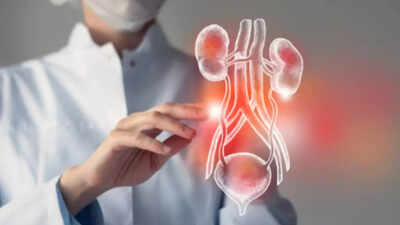How to check if your kidneys are healthy |

Kidneys are vital organs that play an integral role in your body. They filter waste, regulate fluids, and support numerous bodily functions. If proper care is not taken, it can lead to several diseases.What makes it worse is that kidney diseases can develop silently, and show symptoms only when it is advanced. Regular monitoring and awareness of risk factors can help ensure your kidneys remain healthy. Let’s take a look at everything you need to know aboutkidney health, symptoms to watch for, and tests to assess kidney function.Kidney diseases

Any condition that impairs the ability of the kidneys to function properly is considered a kidney disease. These range from kidney infections to chronic kidney disease (CKD), kidney stones, glomerulonephritis (inflammation of kidney filters), and polycystic kidney disease (a genetic disorder). Several risk factors, such as diabetes, high blood pressure, obesity, smoking, and a family history of kidney failure, can increase the likelihood of kidney disease. Those over age 60 are also at greater risk. Why is kidney health important?

Kidneys are essential for filtering toxins from the blood, producing hormones that control blood pressure, and making red blood cells. They also help maintain electrolyte balance and remove excess fluids. Dysfunction of the kidneys can interrupt all these functions. Kidney diseases are on the rise globally, and their link with cardiovascular diseases further adds to the risk. Kidney dysfunction increases the risk of death from cardiovascular disease, and also worsens the health risks of diabetes and hypertension. It can promote the development of other non-communicable diseases (NCDs), such as cancer and dementia. Left unchecked, kidney disease can progress to kidney failure, which may later require dialysis or a transplant.

Kidney disease often progresses without noticeable symptoms. The signs only appear when the disease advances. However, certain signs can hint that your kidneys are not functioning properly. Look for the following signs.
- Urinating more frequently
- Swollen ankles and feet
- Weight loss and poor appetite
- Blood in urine, or foamy urine
- Dry and itchy skin
- Trouble sleeping
- Shortness of breath
- Difficulty sleeping (insomnia)
- Persistent puffiness around eyes
- Muscle cramps
Tests to check your kidney healthIf you experience any of these symptoms or have risk factors, it is important to talk to your healthcare provider. Regular kidney function tests are crucial for early detection and management of kidney problems, especially for high-risk individuals. There are several tests to assess kidney health.
- Serum creatinine
- Cystatin C
- Estimated glomerular filtration rate (eGFR)
- Blood urea nitrogen (BUN)
- Urinalysis
- Urine albumin-creatinine ratio (uACR)
















